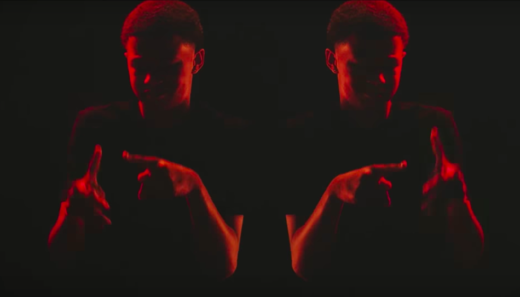In the realm of “Would you rather…?” questions, one of the most commonly posed is: “Would you rather be deaf or blind?” The hypothetical is almost always met with at least one person declaring, “Blind. I couldn’t live without music.” It’s a widely-held belief among the hearing that to be deaf is to live in total silence, completely unenriched by music. This is a fallacy.
Jonny Cotsen, a performer, playwright, and consultant, has been deaf since birth and passionate about music since his teens. “I hear music completely differently to how a hearing person does,” he says. “I know I’ll never hear it like a hearing person, but my language of music is about what my hearing aids hear. They amplify music down, so I’ll hear one mono sound. If you asked me ‘How many instruments in that track?’ I have no idea; I can’t differentiate. But it’s more about the feeling. It’s almost like I’ve created a language of my own in terms of how I hear. And I’m sure other deaf people do the same.”
Cotsen is right; he’s not alone. And, increasingly, artists and venues are realizing it. After the introduction of 1990’s Americans With Disabilities Act, ASL interpreters have become an increasingly common sight at concerts, particularly those in larger venues. And some of these translators are becoming stars in their own right.
Take, for example, Eminem’s interpreter, Holly Maniatty. One of the reasons for Em’s two-decades-long success is his impressive hyper-speed rapping ability. Trying to convey what he does with his voice, word-for-word, using only physical actions seems like a fairly impossible task—and yet, not only does Maniatty manage it, she does it with the kind of passion and precision it’s impossible to look away from:


